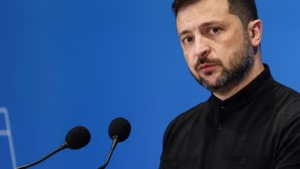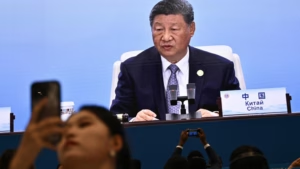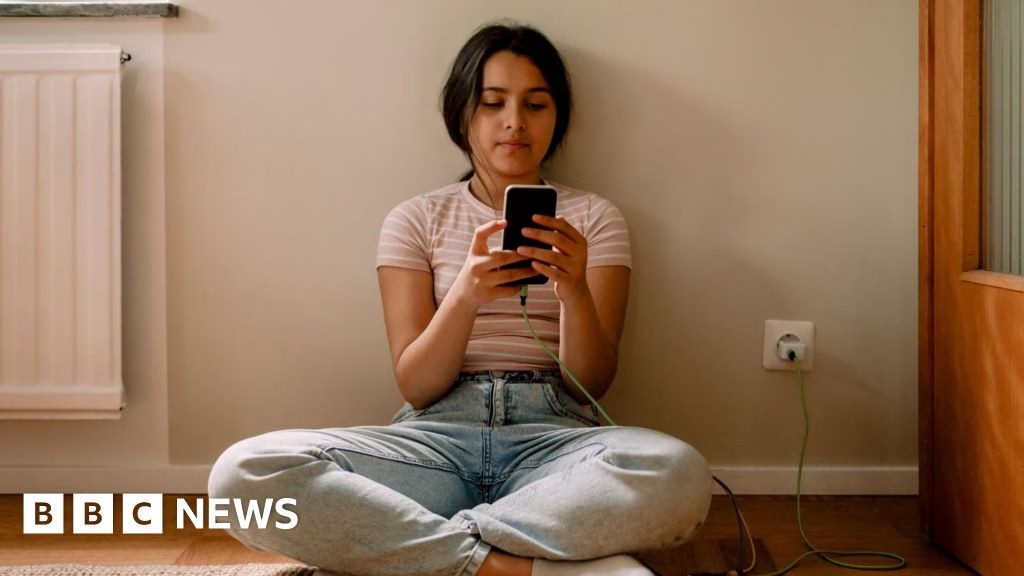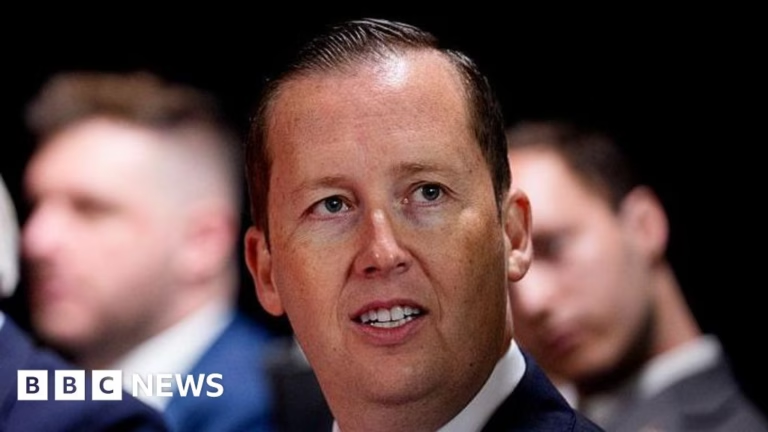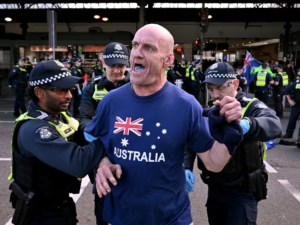Australia is considering various technologies to enforce a social media ban for minors under the age of 16, but each option comes with its own set of issues, according to a recent report.
The federal government is pushing for this ban, which is set to take effect in December, as a means to shield underage individuals from the adverse effects of social media. This policy is viewed as a pioneering step and is under close scrutiny from global leaders.
Under the impending legislation, social media platforms must undertake “reasonable steps” to prevent underaged Australians from creating accounts and deactivate any existing ones.
While this move enjoys support from many parents, experts have voiced apprehensions concerning data privacy and the reliability of age verification technologies.
The federal government enlisted the expertise of the UK-based Age Check Certification Scheme to evaluate possible enforcement methods for the ban, with their final report released on Sunday.
The report examined numerous approaches, including official identification verification, parental consent, and technologies that assess age through facial features, gestures, or behaviors, and found all to be technically viable.
“However, there is no universal solution that fits all scenarios, and no guarantee of success across all implementations,” the report stated.
Age verification through government-issued documents was determined to be the most precise method; however, the report raised concerns about these documents possibly being retained longer than necessary and shared with regulatory bodies, putting users’ privacy at risk.
Australia, alongside many other countries, has witnessed several major data breaches in recent years, with personally sensitive information being stolen and exposed.
Facial recognition technology is 92% accurate for individuals 18 years and over but less reliable for those in a “buffer zone”—about two to three years either side of the age of 16, leading to incorrect clearances or denials of account access.
The report also highlighted privacy and accuracy issues with obtaining parental approval.
The recommended approach is a layered system to create the most secure monitoring effort, and it was noted that several technology providers are actively seeking ways to prevent circumventing measures such as document forgery and VPNs.
Communications Minister Anika Wells emphasized that there is no universal solution and that age checks can be “private, efficient, and effective,” urging social media companies to utilize the data and technology at their disposal to protect children online.
“These are some of the world’s wealthiest companies. They lead in AI. They use the data we provide them for various commercial purposes. I believe it’s reasonable to ask them to use the same data and tech to safeguard kids on the internet,” she stated to the press on Monday.
“There is no justification for social media platforms to not have a combination of age verification measures in place by 10 December.”
Companies are liable to fines up to AUD 50m ($32.5m; £25.7m) if they fail to take “reasonable steps” to block under-16s from holding accounts. The specifics of these steps are yet to be determined.
Major platforms such as Facebook, Instagram, Snapchat, and YouTube are among those impacted by the ban.
Polls suggest that the majority of Australian adults support the prohibition of social media for children under the age of 16.
Nonetheless, some mental health advocates argue that the policy could isolate children from crucial connections, and others suggest that it could drive under-16s to less-regulated areas of the internet.
Instead, they propose that the government should focus on more stringent enforcement against harmful content on social media platforms and on preparing children for the realities of online life.
Source: https://www.bbc.com/news/articles/clyrkj0d44vo?at_medium=RSS&at_campaign=rss
